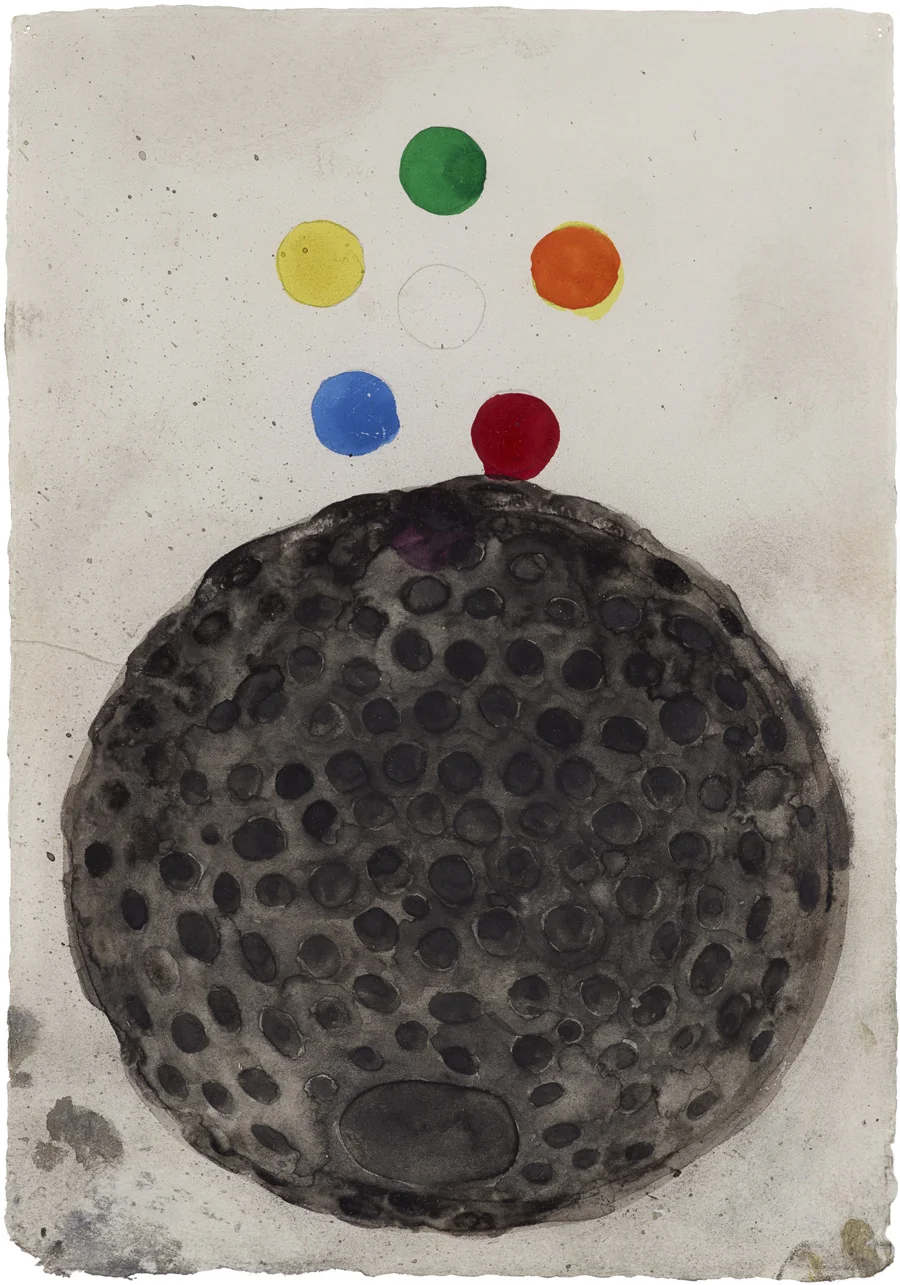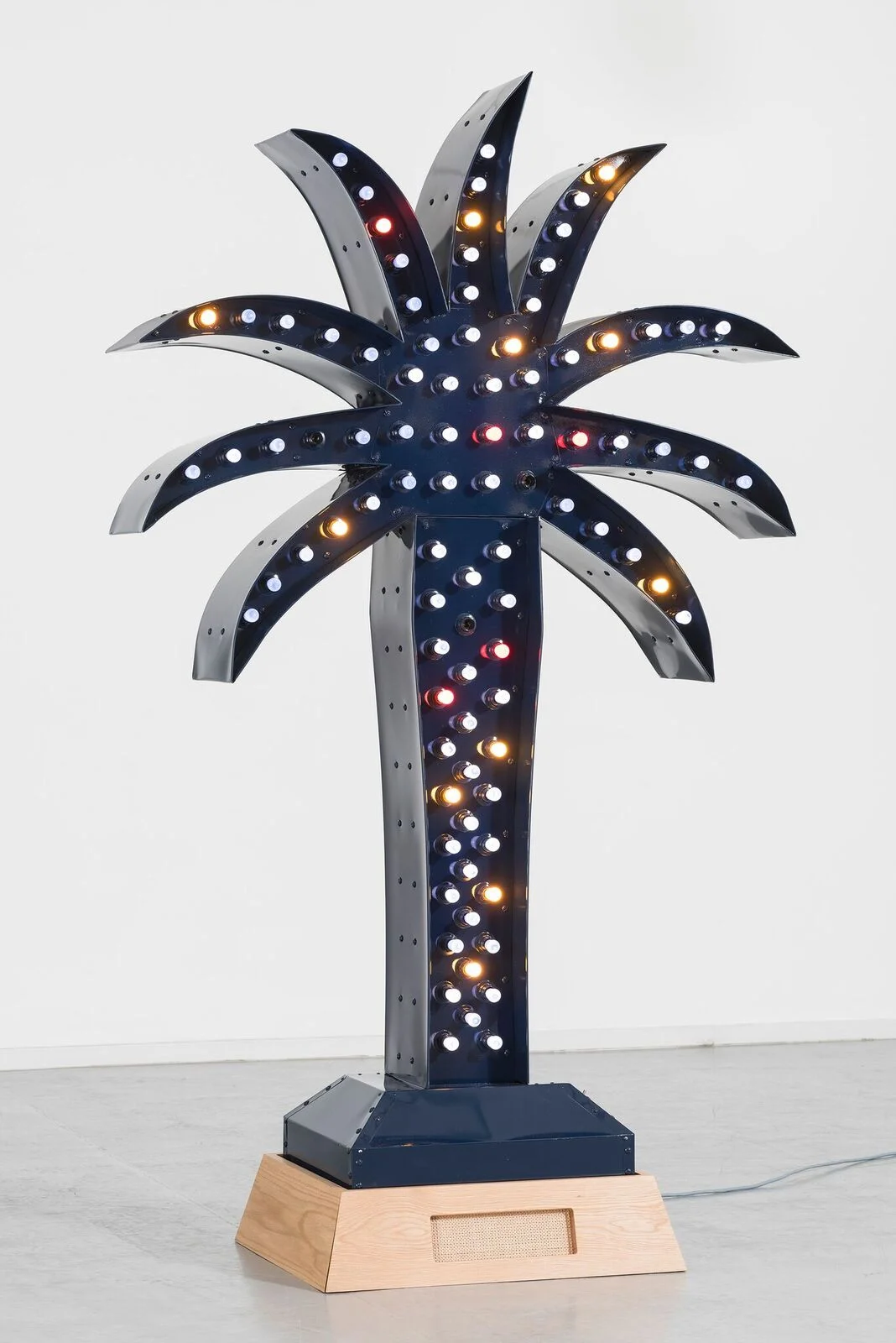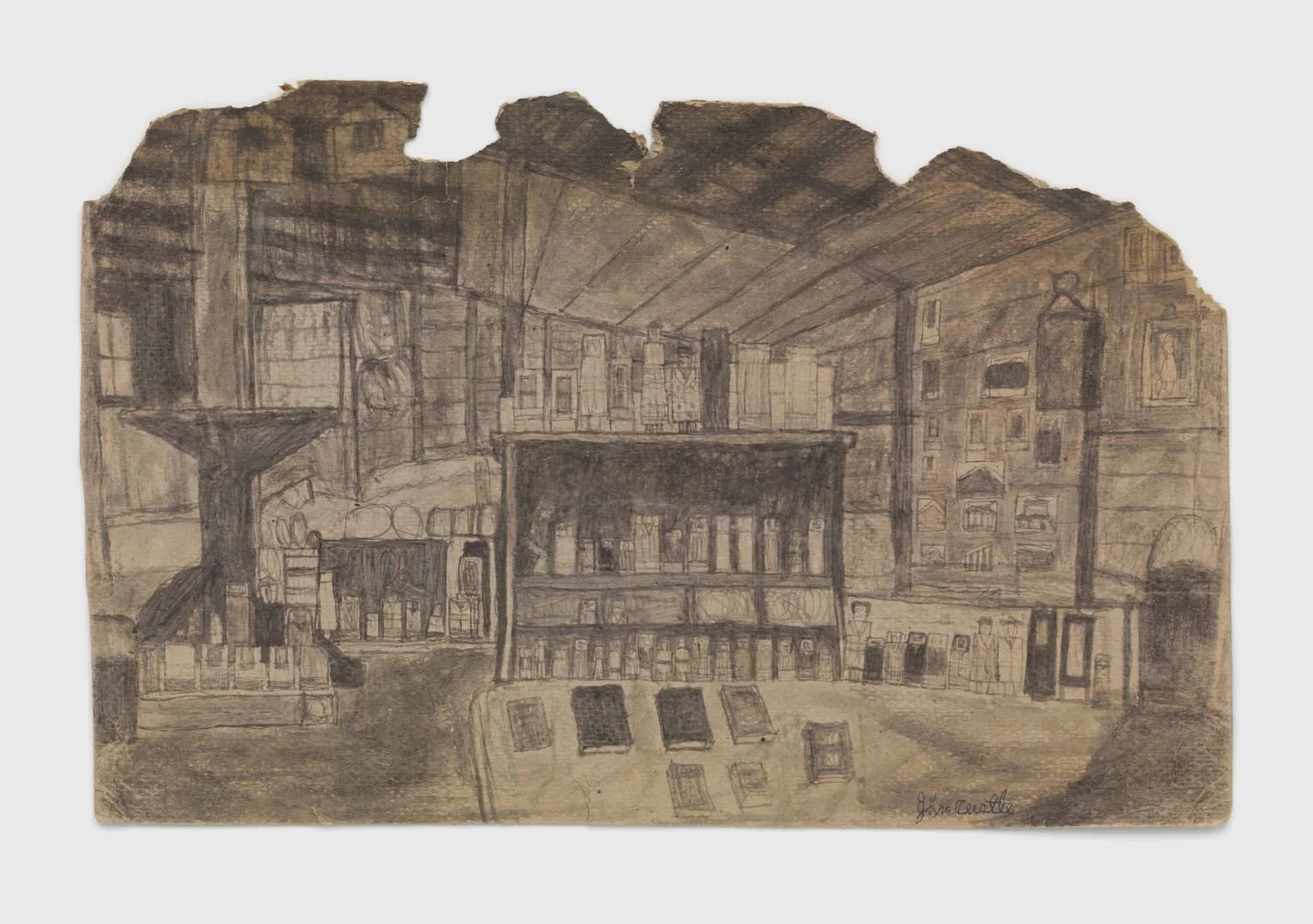Terry Winters
Facts and Fictions
The Drawing Center
New York, 35 Wooster Street
It will include a selection of large-scale works on paper and a wide span of smaller drawings as well as a suite of rarely seen drawings created between 2006 and 2016 in vitrines. Unlike typical retrospectives, this presentation will be organized with an eye to morphological relationships so that, as viewers move through the gallery, they will recall and ideally return to earlier related images. The show will foreground the overarching theme of Winters’s practice: the impulse to make sense, however fictively, of the manner in which the visible world is constructed and received. Organized by Claire Gilman, Chief Curator.
Terry Winters, 7-Fold Sequence, One, 2008. Graphite on paper, Courtesy of the Artist
A leading figure in the art world for four decades, Terry Winters became well-known in the 1980s for his materially-conscious drawings and paintings. Mobilizing the patterns and schema that undergird physical and intellectual life, Winters has developed his own pictorial language wherein, for example, graphs, networks, and knots describe complex encounters between biological drives, technological systems, and mental processes. Winters’s mature work is ostensibly abstract in that it does not typically depict recognizable objects or scenes, and yet, it is in no way divorced from the real world. On the contrary, Winters incorporates and modifies found images—often seemingly objective data from scientific renderings—in order to reveal the way in which these motifs are framed and affected by human intention.
“As Winters observes: “Although technical images are the product of human activity, these images also seem free from subjective decision-making. … I use this found imagery as a model, to see how information can be torqued or tweaked, made more poetic and expressive.” ”
Terry Winters, Untitled (2), 1999. Gouache on paper, Courtesy of the Artist
Winters entered the art world at a time when minimal, process-driven painting was still prevalent, and he was originally attracted to the way such work challenged the status of what an art object could be. However, as he explains it, he soon became dissatisfied. He missed drawing and its imagistic drive. He observes: “I became curious about how to include imagery, how to build a picture through drawing.” Since then, drawing has been a pivotal part of Winters’s production, serving as kind of testing ground for formal geneses and spatial encounters that may or may not take root in his paintings and prints. In his drawings, bodies are introduced and developed, lines are tested and modified, hypotheses staked and undone. From the beginning of his career, Winters has frequently worked and re-worked motifs, something his drawings exploit to great effect as figures transform across a body of work only to appear in altered form in a later presentation or context. Indeed, fundamental to Winters’s work is the fact that his motifs never stand alone. Rather, they are built up out of the material at hand, dependent on their specific spatial and textural context.
On view through August 12, 2018








